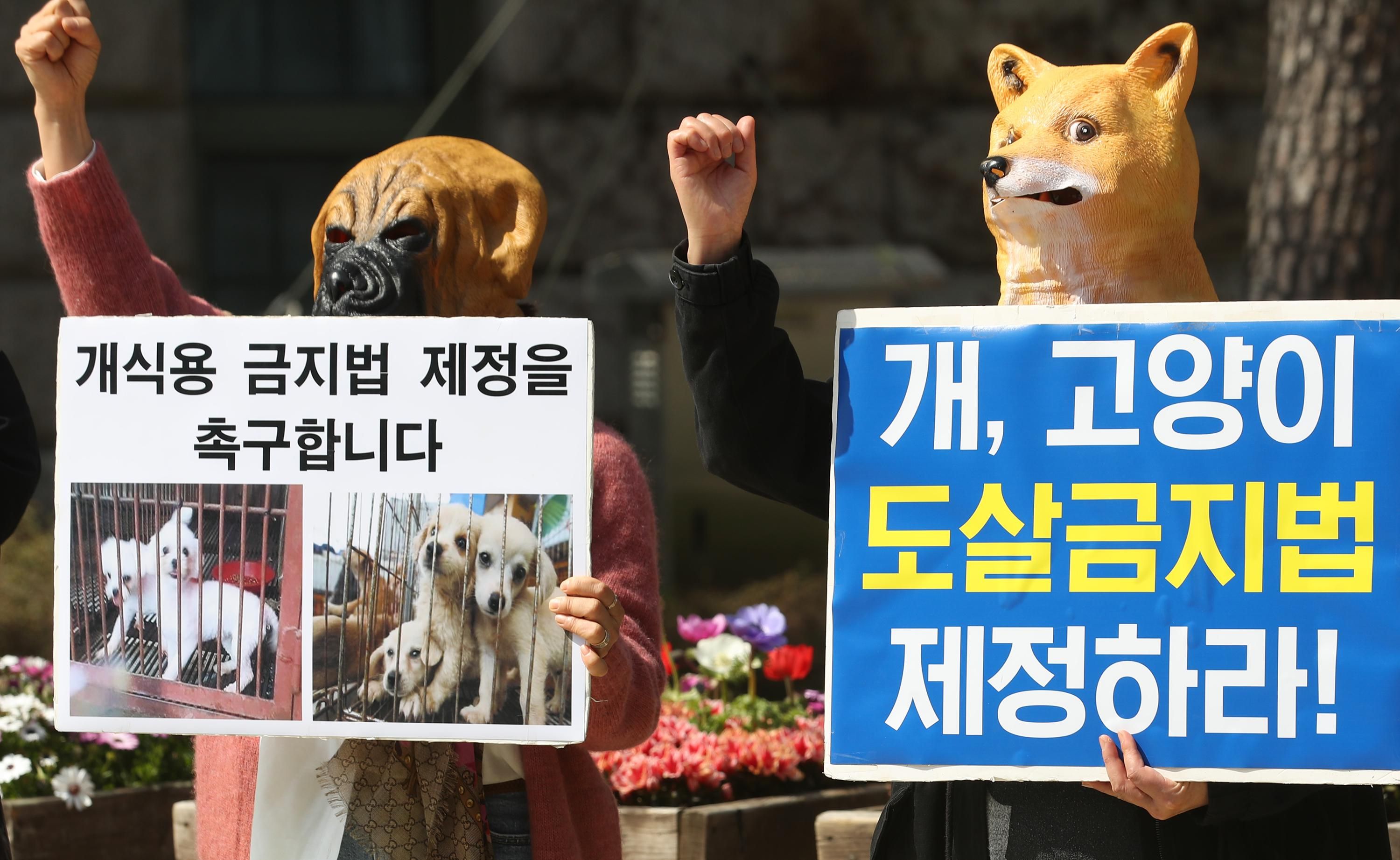Hard Numbers: South Korean dog meat ban, Colombia's uneasy peace, Eastern Europe behind on jabs, Filipinos reject VP Duterte
27: South Korea is considering a ban on dog meat consumption as pet ownership grows in the country, with some 27 percent of Korean homes now owning pets, mostly dogs. To date, President Moon Jae-in, a dog lover, had been somewhat reluctant to end the meat trade because of pushback from the industry.
5:Five people were killed in an attack by armed groups in a rural town in southwest Colombia. Some five years after the government signed a peace deal with the FARC militant group, the agreement remains fractious in many rural cities, where drug-fueled gang violence runs rampant.
22: While Western EU member states have seen a massive uptake of COVID vaccines, those from Eastern Europe are lagging way behind. Bulgaria has the lowest vaccination rate with just 22 percent of people fully inoculated despite having access to the bloc's vast bank of vaccine supplies. Romania is the second least vaccinated EU member state at just 33 percent.
60: Philippine President Rodrigo Duterte has accepted his party's nomination to run for VP in the 2022 election, but some 60 percent of Filipinos think the move is unconstitutional. Some legal experts say that the Constitution doesn't outright prohibit a sitting president from becoming VP, but it "goes against the spirit" of the document.
